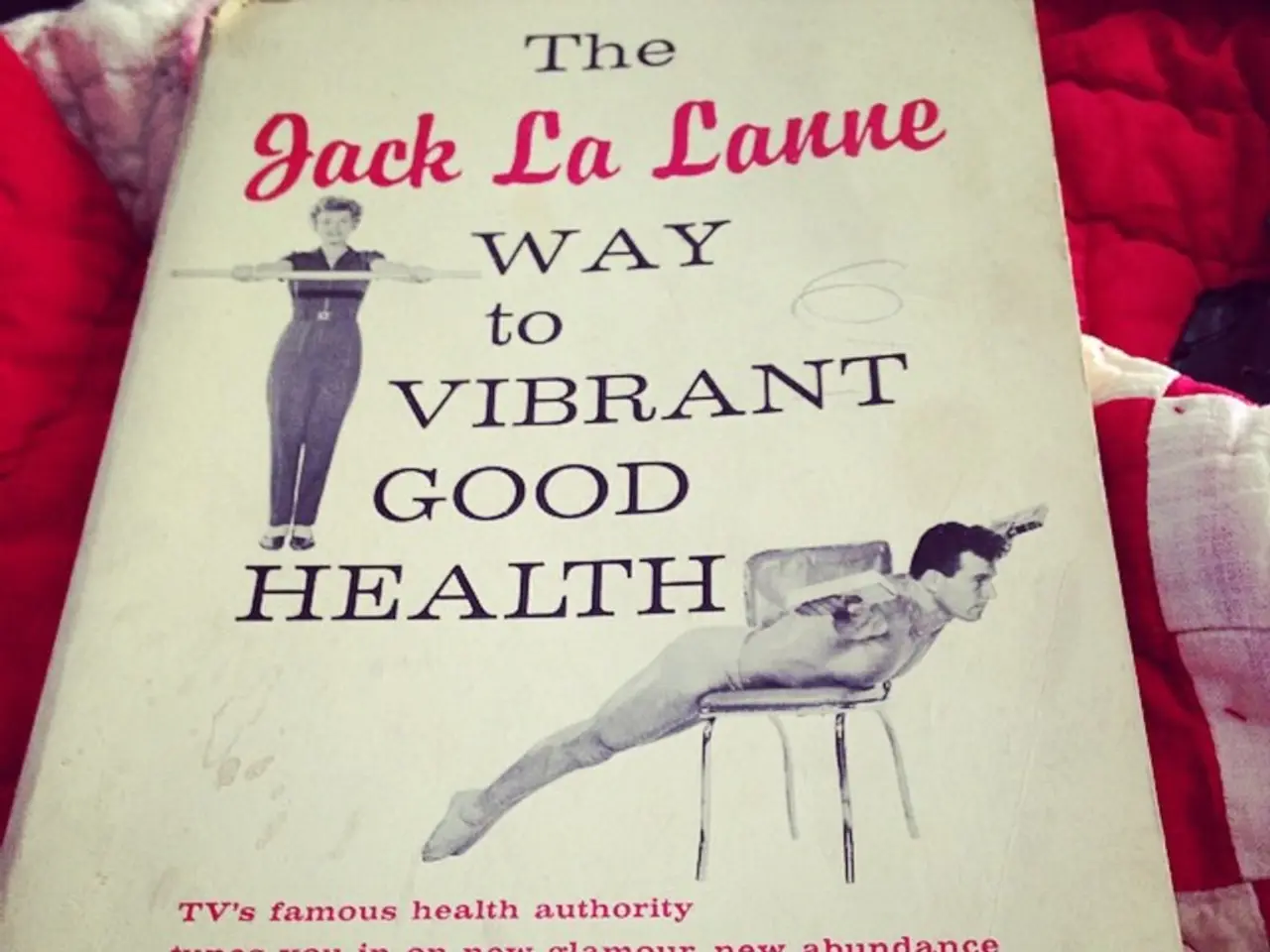Cold Showers Boost Mental Health: Study
Cold exposure, such as ice baths or cold showers, is gaining recognition for its potential mental health benefits. A study in Frontiers in Physiology found that regular cold water exposure can improve focus, reaction times, and problem-solving abilities. But how does it work?
Cold exposure stimulates the release of stress hormones like norepinephrine, which is crucial for attention, focus, and mood regulation. It also activates the vagus nerve, playing a key role in calming the body after stress and improving mental clarity. A study in PLoS One found that cold showers reduced symptoms of depression and anxiety, and increased overall well-being due to increased norepinephrine and dopamine activity. Cold water treatments stimulate the production of norepinephrine, enhancing mental resilience, improving mood, and increasing focus in the brain. To integrate cold exposure into a routine, start with ending showers with 30 seconds of cold water, gradually increasing the time. Consistency is key with cold therapy, aiming for a few times a week, and listening to the body's responses.
Cold exposure, like cold showers or ice baths, can enhance mental resilience, improve mood, and sharpen focus. It's linked to better stress management and increased dopamine levels, the 'feel-good' neurotransmitter associated with motivation and pleasure. Start with short durations and gradually increase, aiming for a few times a week.
Read also:
- Trump's SNAP reductions and New York City Council's grocery delivery legislation: Problems for city residents highlighted
- Reducing dental expenses for elderlies in Sweden: Over 50% cut in charges for pensioners by the government
- Forty-year-old diet: A list of meal choices to savor
- Exiled Life's Conundrum: A Blend of Liberation, Disillusionment, and Distress





